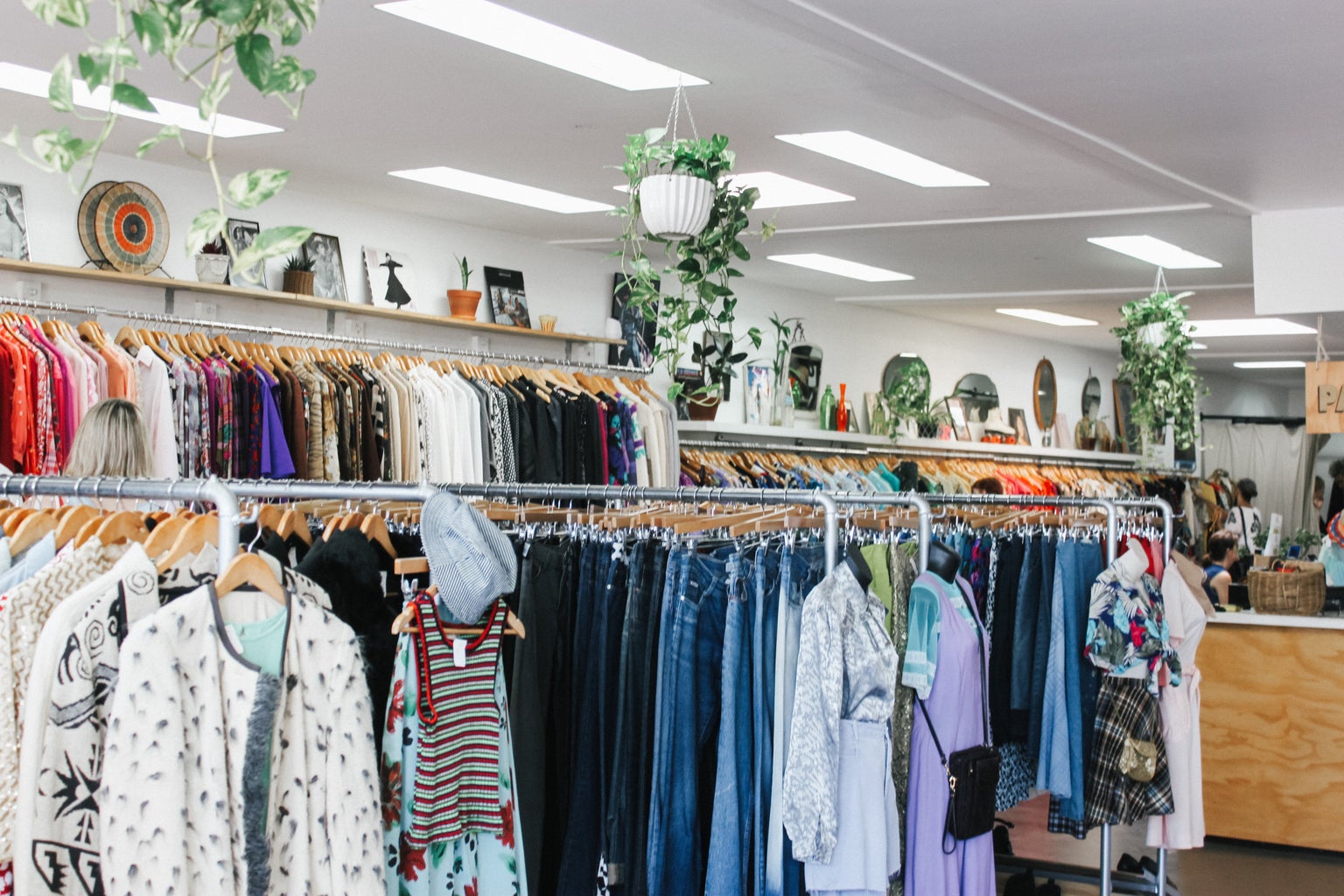The trend of rebranding among fashion brands has felt like a breath of much-needed fresh air recently. Whether that looks like new product designs or the implementation of new branding methods, we are seeing major transformations within mainstream clothing and shoe brands.
One major aspect of fashion that brands have been receiving criticism for some time now has been size ranges. In an age of inclusivity where individuals are advocating for more inclusive representation in fashion and the media, brands are working to meet demands for more diverse sizing options. Brands such as Brandy Meville, who advertise a “one size fits all,” or “one size fits most” collection of clothes have been the targets of cancel culture for their exclusive size range that does not actually fit “most” people. In response to this, companies are slowly but surely adding sizes to their products. Abercrombie & Fitch, a brand that was once perceived as extremely toxic and being guilty of fatphobia, has been seemingly “uncanceled” these past couple of years thanks to their expansion of size range and adoption of a new brand platform.
In a day and age where concerns about the environment are justly dominating public discourse, fashion brands are reworking their platforms to include sustainability as part of their companies’ missions. While this treads the fine line of sustainable authenticity and greenwashing, where brands give the impression that their products are eco-friendly despite this being false, it is refreshing to see brands rethinking their ecological footprints. Many brands, such as Aerie, have even added pages on their website outlining their commitment to a more sustainable world and how their brand aims to implement meaningful change.
Fashion trends come and go as quickly as tides do; one minute brightly colored, groovy sweaters are the rage and the next minute they are a forgotten microtrend. It’s the nature of fashion trends to change, and brands do their best to meet these style demands. While fashion taste is completely objective, there has been a consensus that interest brands are moving into more modern styles, and this trend has been a blessing. A great example of this is Adidas. While the familiar shoe brand may be known for its classic, albeit has-been, Superstar sneakers, they are trying out new styles as well that are much more funky and out-of-the-box. I recently purchased a pair of bright purple Nizza Platforms from the brand, and every single person who has complimented them has been shocked when I told them that the brand was Adidas. While these fit my style perfectly and may not appeal to other people, it has been exciting to watch mainstream brands attempt new styles.
Like other sectors, the fashion industry still has a long way to go in terms of ethics, sustainability initiatives, and inclusivity. However, the growing demands of GenZ for brands to be more authentic and value-driven have promoted well-meaning change that has diverted some brands in the right direction. Progress always has to start somewhere, and 2022 is wrapping up as a year of improvement within the fashion industry.



